Simplifying Life Insurance in India
11 Developmental Milestones of a 19 Month Old Baby
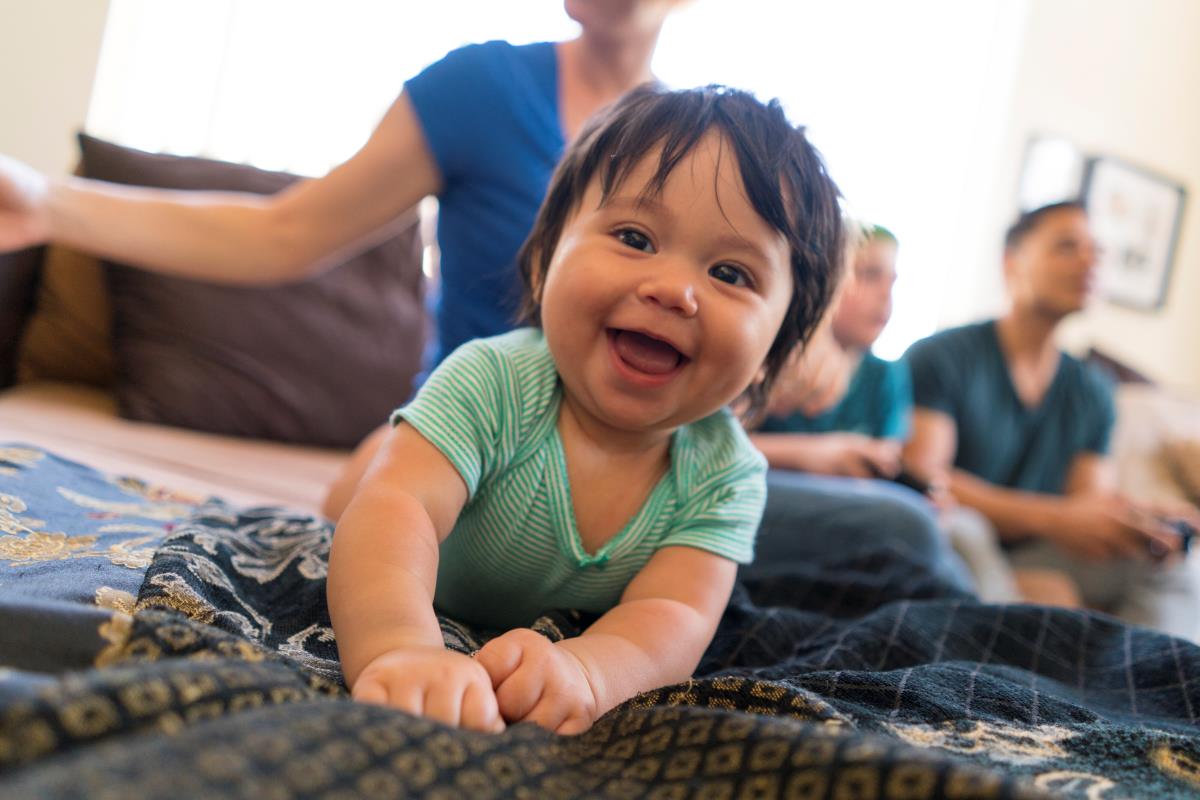
By 19 months, babies enter a delightful period of growth and development. This period includes high levels of activity, enhanced language use, and independence. At the 19 month milestone, babies are proportionately larger and develop more as they achieve several critical growing-up stages.
It is a time of high mobility, developing speech, and new forms of communication with others. They start to express themselves more clearly and show curiosity about their surroundings. Let’s explore these milestones and what can be expected at this thrilling stage.

Table of Contents

What Most Babies Do by 19 Months?
Nineteen months should be when most babies accomplish critical mental development, and evidence should be provided that the babies are developing toward normal in different domains of development. These include physical, cognitive, social, and language skills that are changing rapidly.
They also begin to form more coherent sentences and understand others and commands. The children’s psyche develops well, and they can already show love and actively examine the world around them. These milestones ensure that each milestone is achieved and can be tracked against the expected care practices.
19 Month Milestones & Development Checklist
1. Movement Milestones For a 19 Month Old Baby
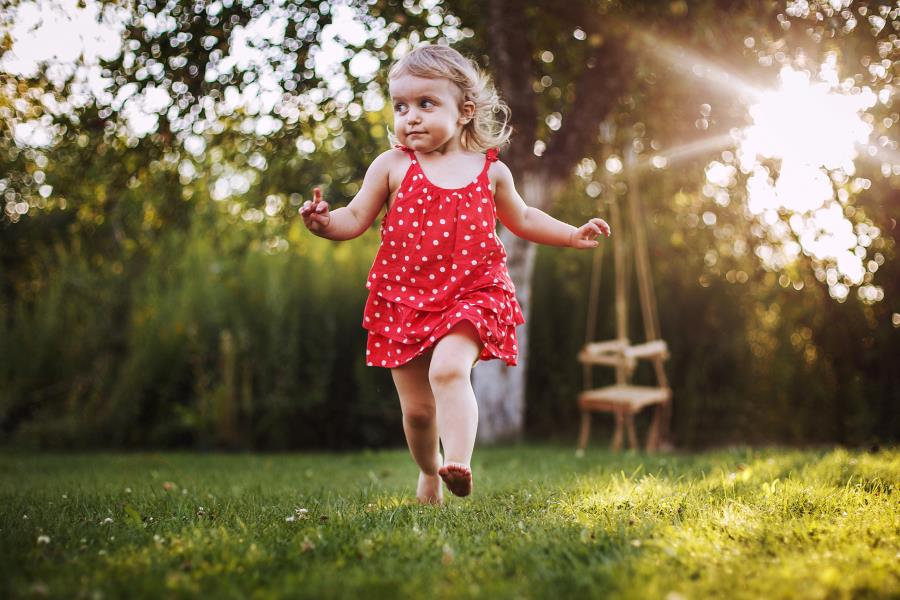
Movement Milestones for a 19 month old:
- Walking and Running: During this stage, most toddlers can walk and run fairly well, sustaining good control of their legs and coordination.
- Climbing Stairs: By this age, most toddlers love climbing and trying out the stairs with help, using their hands or railings for support.
- Kicking a Ball: They can also follow the movements of a ball forward as they attend to the kick. This coordination activity also develops their legs' strength and balance.
- Jumping in Place: Some 19 to 20-month-old toddlers will attempt to jump up, sometimes even getting both their feet off the ground.
- Squatting: Generally, it is also observed that toddlers reach down and grab something, such as toys, from the floor without falling over but squatting.
- Pulling and Pushing: Those who can sit up on their love pull or push toys chased by strings and push objects such as toy trolleys.
2. Visual and Hearing Milestones For a 19 Month Old Baby
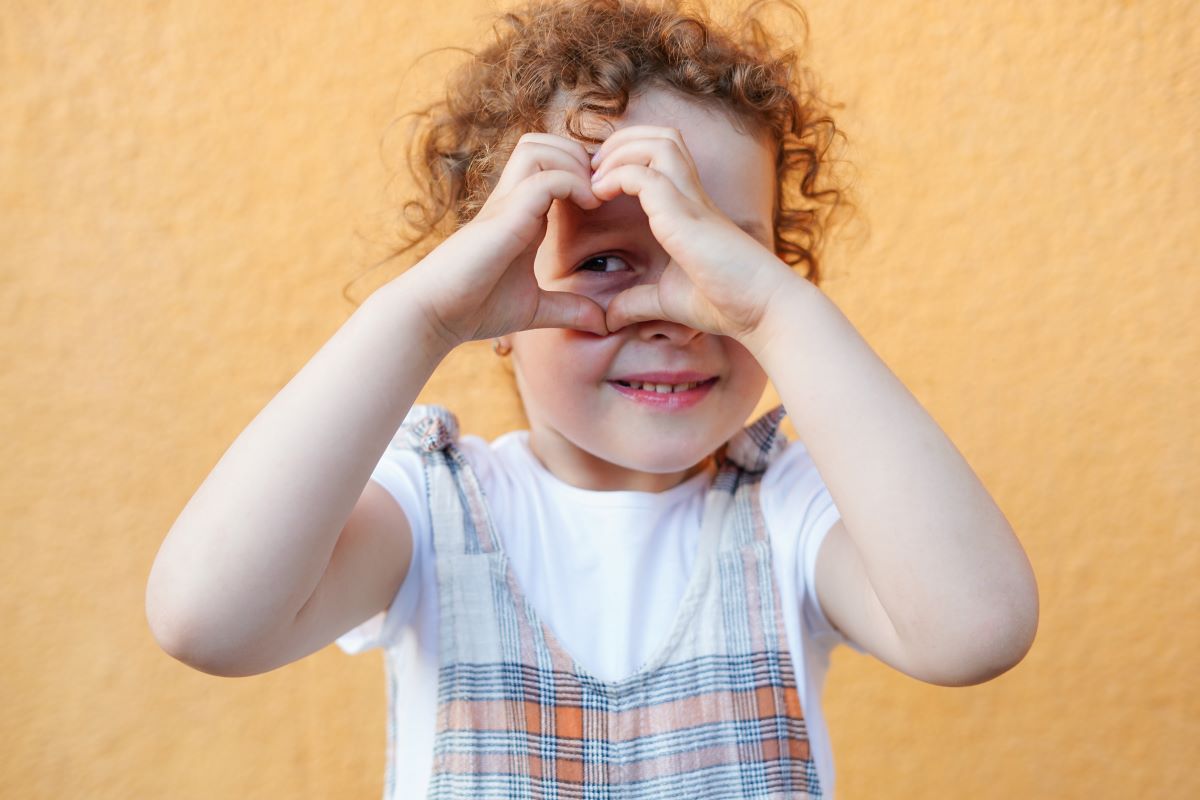
Visual Milestones:
There is tremendous progress in a baby’s visual skills in the 19th month. Some commonly seen milestones are:
- Visual Tracking: The baby can turn their head to track the movement of people, toys, and other laughing materials over a broader range.
- Depth Perception: They are beginning to realise depth, which will assist in judging distance when reaching for an object.
- Colour Recognition: They can discriminate against specific colours and may prefer some more than others.
- Facial Recognition: At this stage, the baby is excited to see people who are known and can easily spot them from a far range.
Hearing Milestones:
At 19 months, a baby’s auditory development includes several vital skills, such as:
- Responding to Name: The baby consistently responds when their name is called and shows interest in familiar voices.
- Understanding Simple Commands: They can follow simple instructions, such as "Come here" or "Give me the toy."
- Imitation of Sounds: They start to imitate simple sounds and may try to mimic words or noises they hear.
- Reaction to Environmental Sounds: The baby reacts to various environmental sounds, such as a doorbell or a siren, indicating growing auditory awareness.
- Listening to Stories: They may show interest in listening to short stories and looking at pictures while you read to them.
3. Smell and Touch Milestones For a 19 Month Old Baby
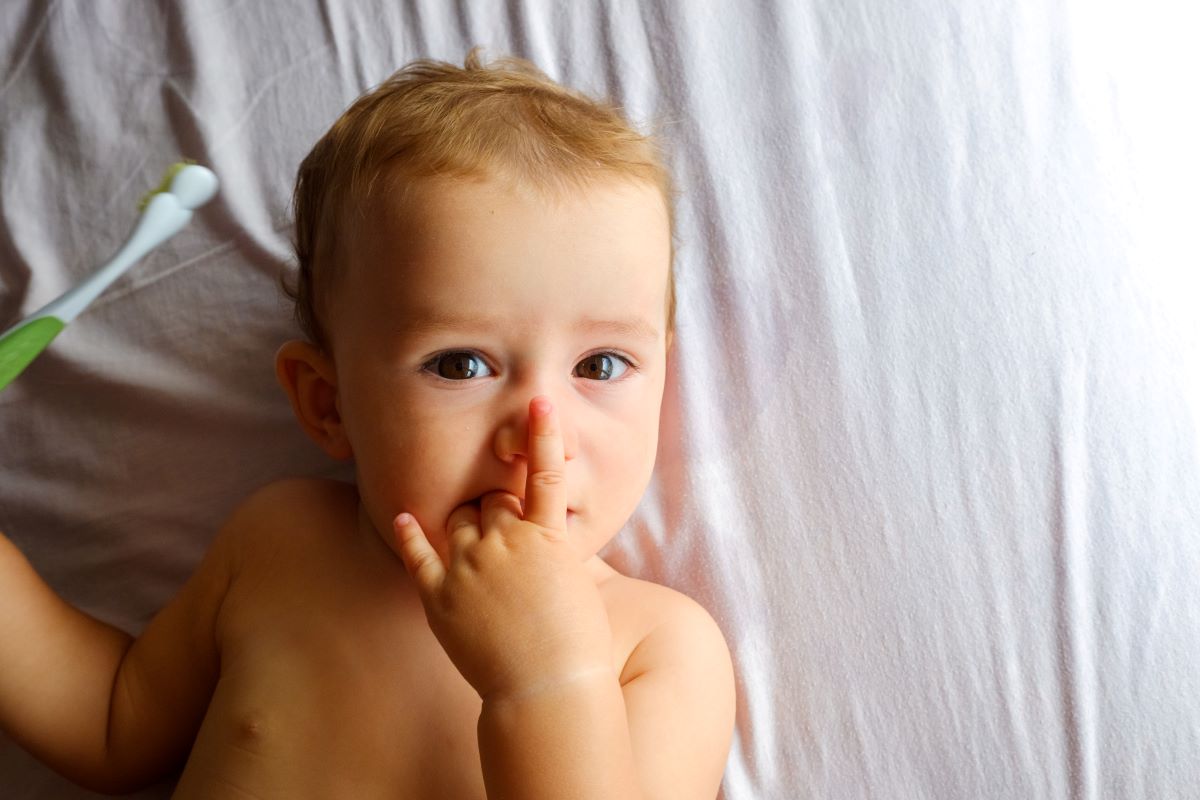
Smell Milestones:
At 19 months, a baby's sense of smell develops, helping them recognise and react to different scents. Key milestones include:
- Reaction to Familiar Smells: The baby may recognise and prefer familiar scents like family members.
- Exploration of New Scents: They'll likely express curiosity by smelling objects, sometimes reacting with enjoyment or dislike to strong odours.
- Association of Smells with Objects: Babies may start linking specific smells to things they encounter frequently, such as associating the scent of soap with bath time.
Touch Milestones:
By 19 months, a baby's sense of touch becomes more refined, contributing to their exploration of the world around them. Key milestones include:
- Preference for Textures: The baby will begin showing preferences for certain textures, enjoying soft fabrics or squishy toys over rougher materials.
- Exploring through Touch: They'll use touch to examine objects and may show awareness of temperature differences, such as reacting to something cold or warm.
4. Sleep Milestones For a 19 Month Old Baby
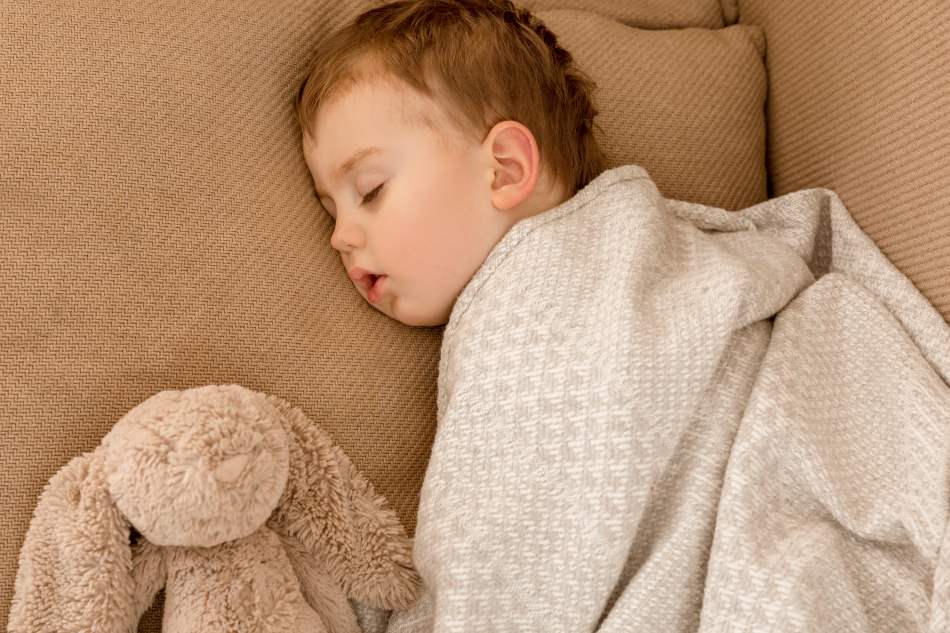
Sleep Milestones for a 19 month old:
- Fewer Daytime Naps: Many children in this age group begin to outgrow their naps, going from two nap sessions to one nap in the middle of the day, which signifies some form of daytime energy management.
- Sleeping Through the Night: Most toddlers in this term can sleep for 10 to 12 hours non-stop, helping them more easily establish patterns of good, healthy sleeping habits during the night without interruptions.
- Developing Bedtime Routines: At this stage, children usually embrace unique sleep preparation procedures, such as reading a picture book and hugging before sleeping, which enables better transfer from activity to sleep.
5. Health Milestones For a 19 Month Old Baby
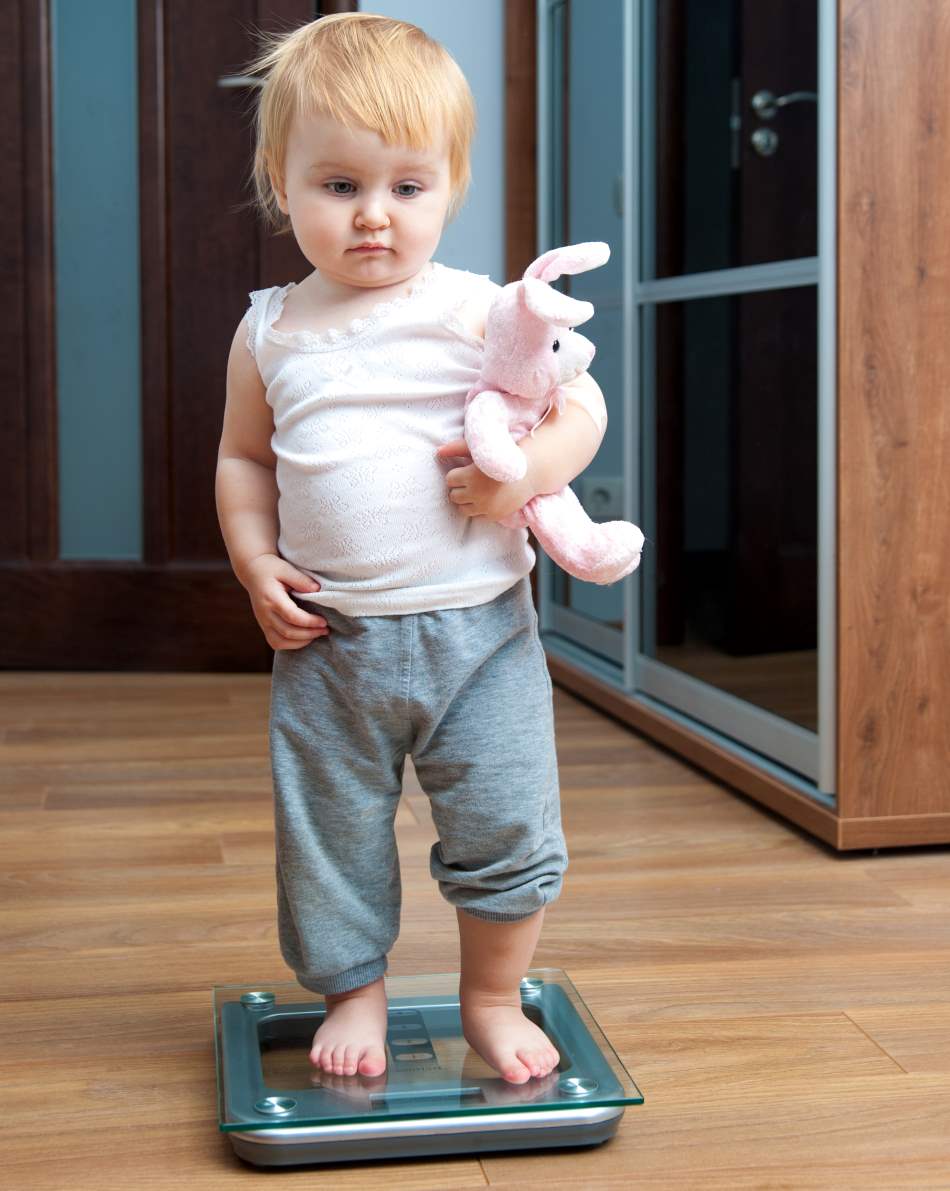
Here’s a chart summarising the ideal parameters for a 19 month old baby:
Regular check-ups with a paediatrician can provide further insights into your child's growth patterns.
6. Feeding Milestones for a 19 Month Old Baby
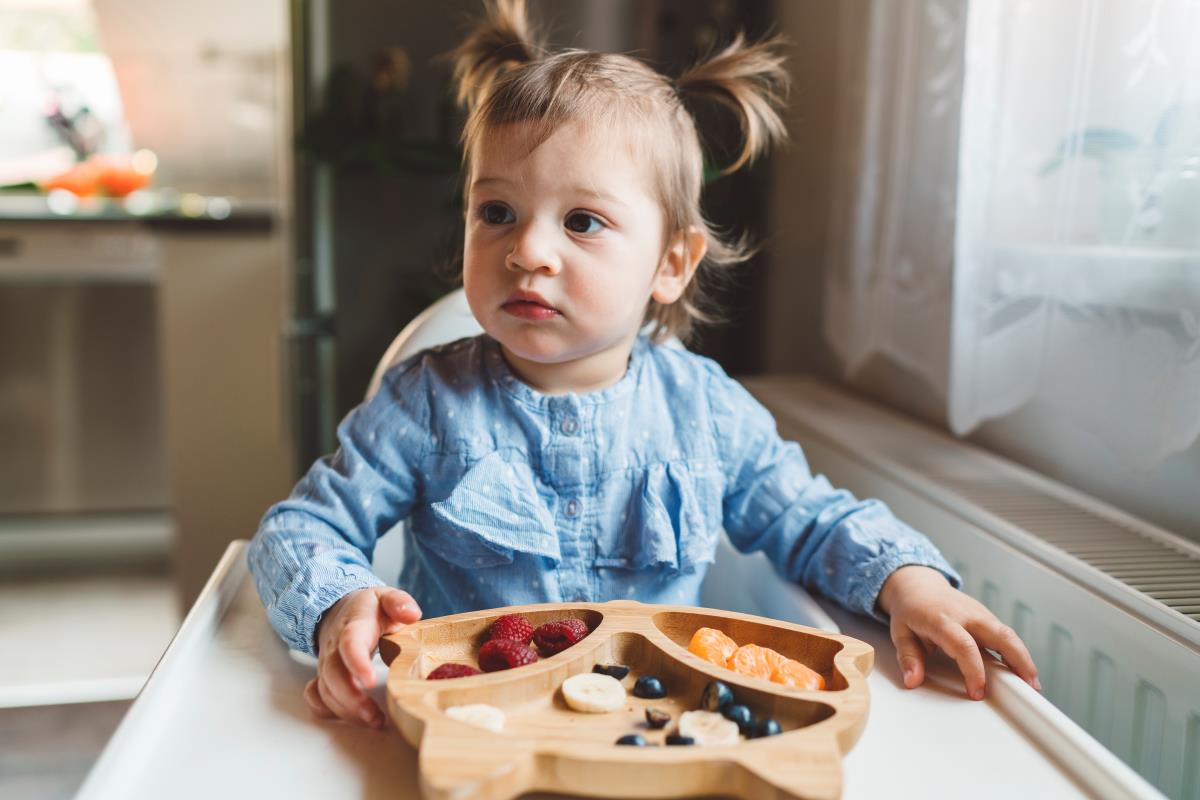
Feeding Milestones for a 19 month old:
- Self-Feeding: Toddlers become more skilled at using a spoon or fork to feed themselves, though they may still make a mess as they practice their coordination.
- Eating More Solid Foods: By 19 months, children usually eat a variety of solid foods, including fruits, vegetables, and proteins, as they explore new tastes and textures.
- Drinking from a Cup: Many toddlers are learning to drink from a regular cup without a lid, improving their motor skills and coordination during mealtime.
7. Schedule and Routine Milestones For a 19 Month Old Baby
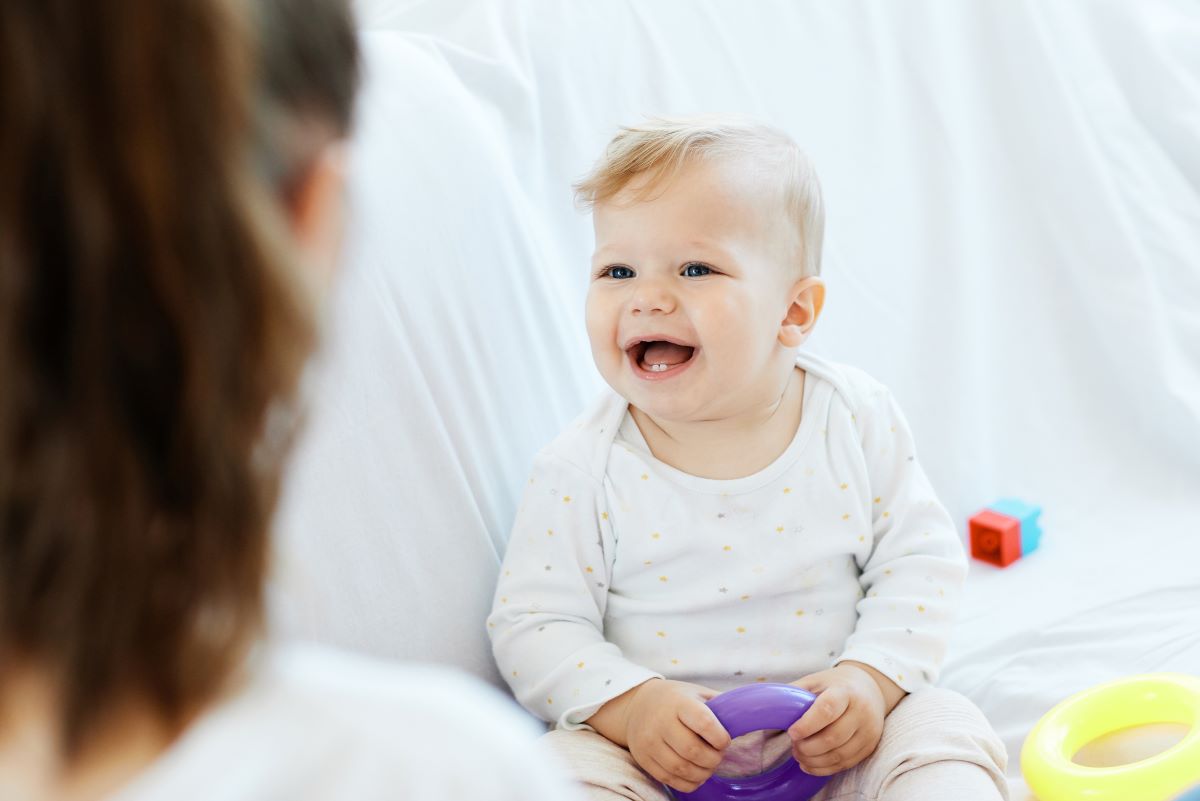
Here is the following schedule for an 19 month old:
8. Cognitive Milestones For a 19 Month Old Baby
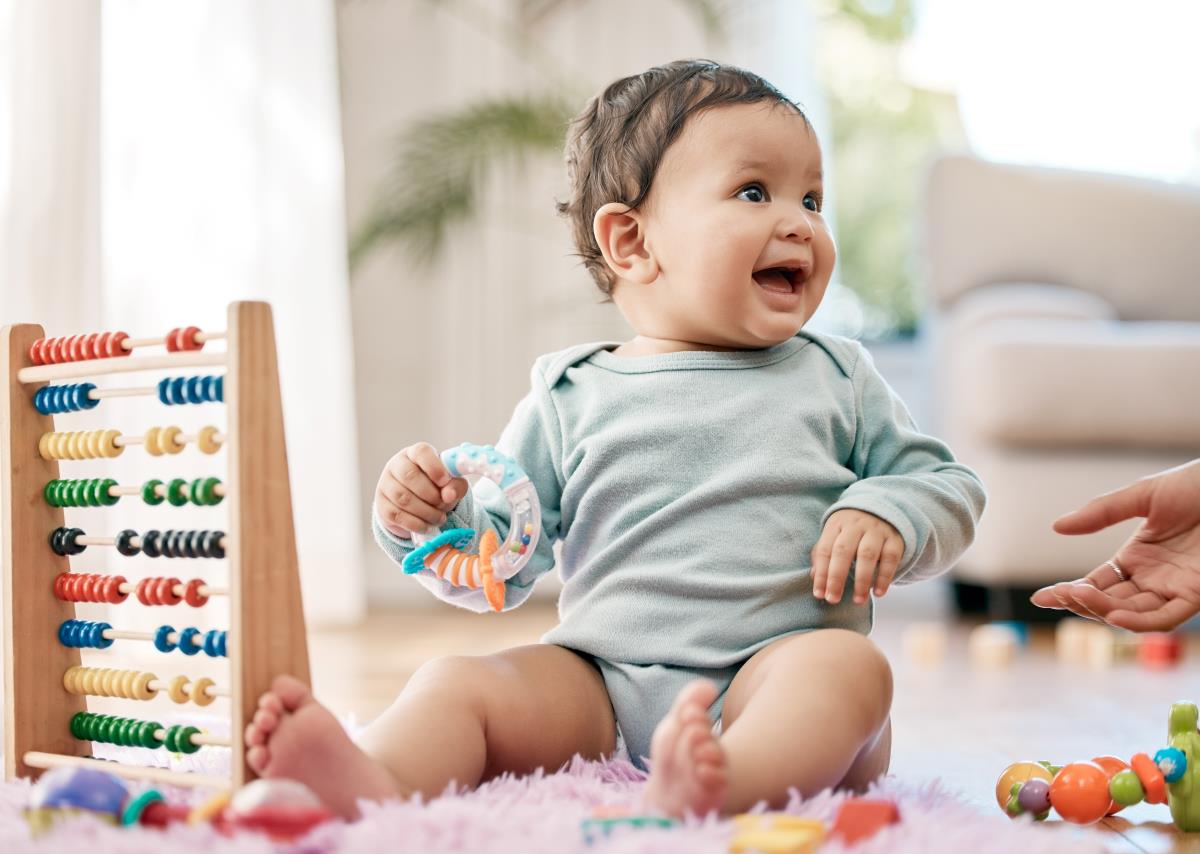
Here are key cognitive milestones for a 19 month old:
- Balancing on One Leg: Attempts to balance momentarily on one leg, which fosters coordination and balance.
- Feeding Themselves: Uses utensils with growing skill, developing hand-eye coordination and independence.
- Squatting to Pick Up Objects: They can bend to grab toys from the floor and stand back up without losing balance, enhancing core strength.
9. Social Milestones For a 19 Month Old Baby
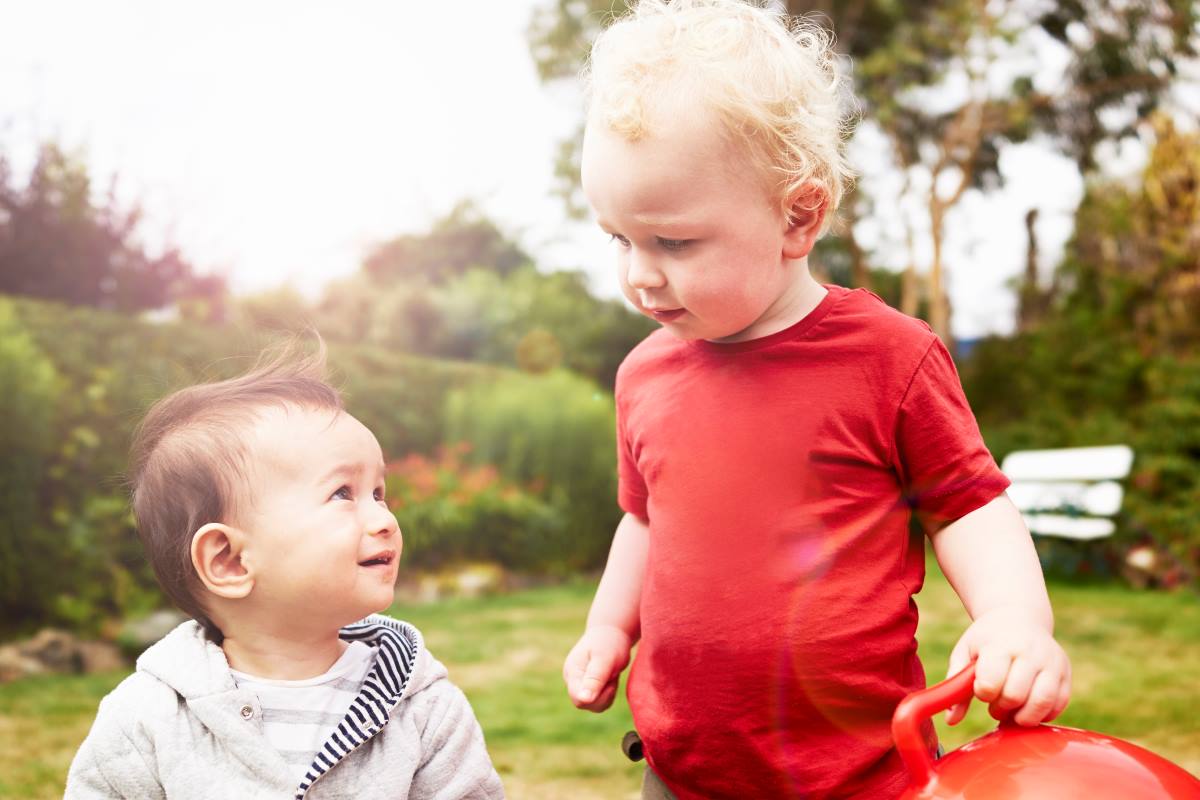
Social Milestones for an 19 month old:
- Parallel Play: Your baby will still be content playing next to other children and may not interact with them directly.
- Simple Emotions: They begin to outwardly display and understand emotions of frustration, happiness, and caring for others to an extent.
- Limitation of Adults: Your baby copies what adults do and their tidying habits, showing that they are starting to learn about social behaviours.
10. Language Milestones For a 19 Month Old Baby
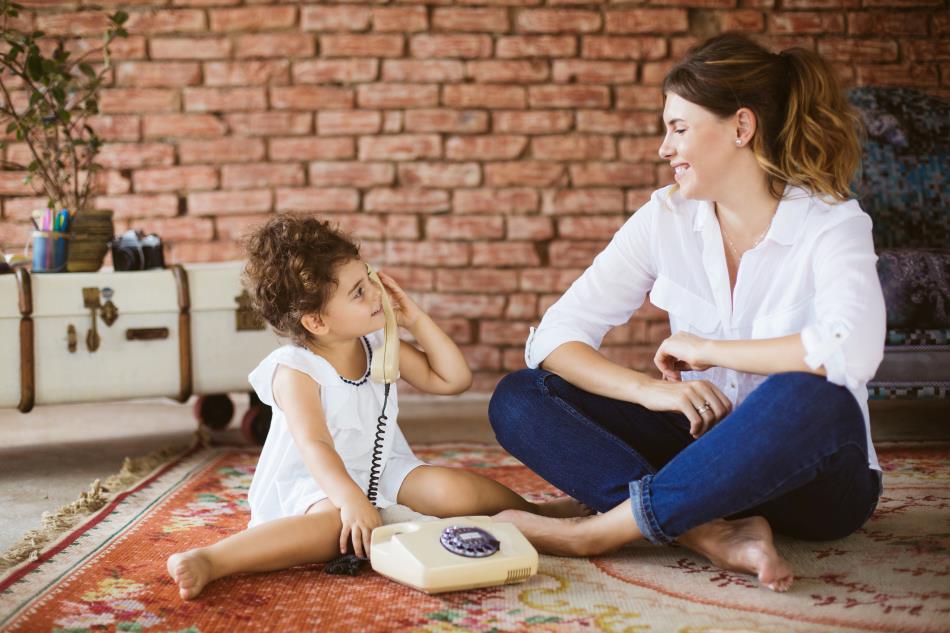
Language Milestones Development for a 19 month old:
- Increased Vocabulary: Toddlers can typically say between 10 and 20 words, and some children expand their vocabulary further as they learn to express their needs and emotions.
- Imitating Speech: Toddlers love to imitate words they hear from adults, even if their pronunciation is imperfect, helping them practice speaking and develop more complex language skills.
11. Play Milestones for a 19 Month Old Baby
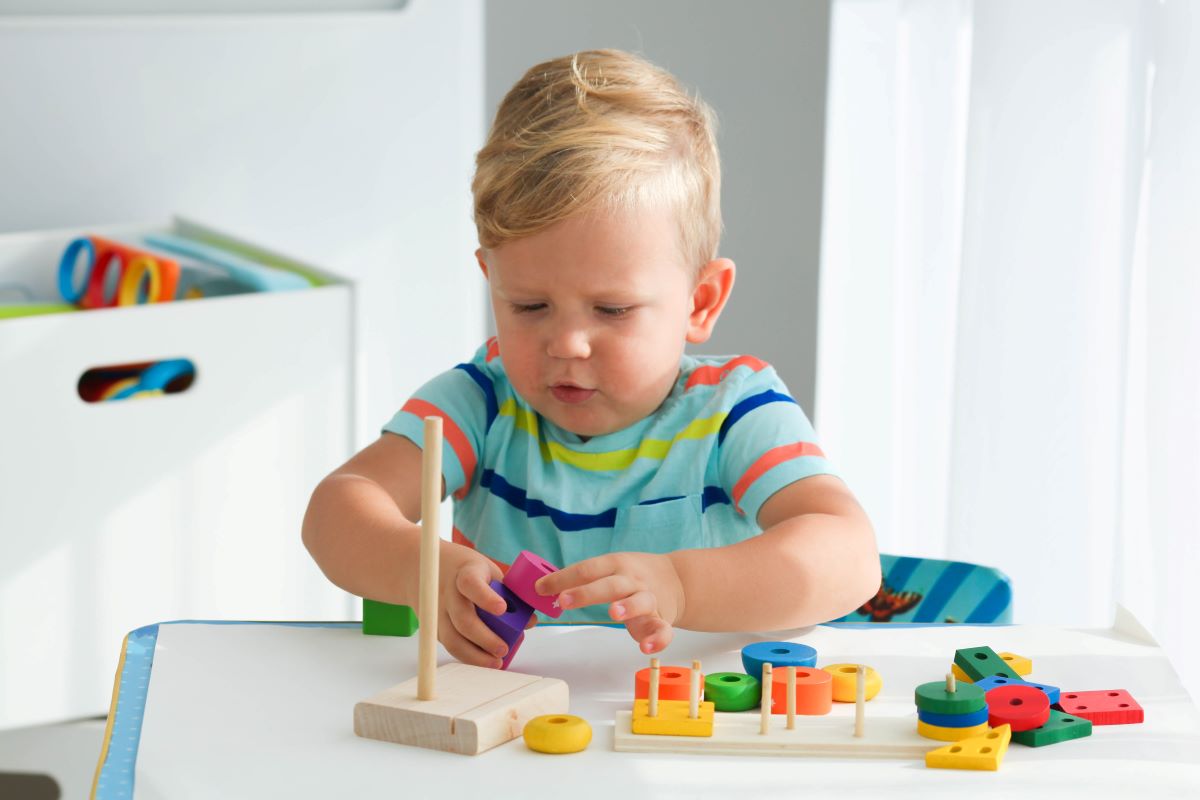
Play Milestones for a 19 month old:
- Pretend Play: They mimic everyday actions like cooking or cleaning, showing growing imagination.
- Interactive Games: Enjoys playing simple games like peek-a-boo, promoting social bonding and attention.
- Building Blocks: Stacks blocks or shapes, improving fine motor skills and understanding of balance.
- Exploring Puzzles: Can work on basic puzzles, developing problem-solving and spatial awareness.
- Imitative Actions: Repeats actions they see adults doing, helping them learn and understand social roles.
Developmental Activities for a 19 Month Old
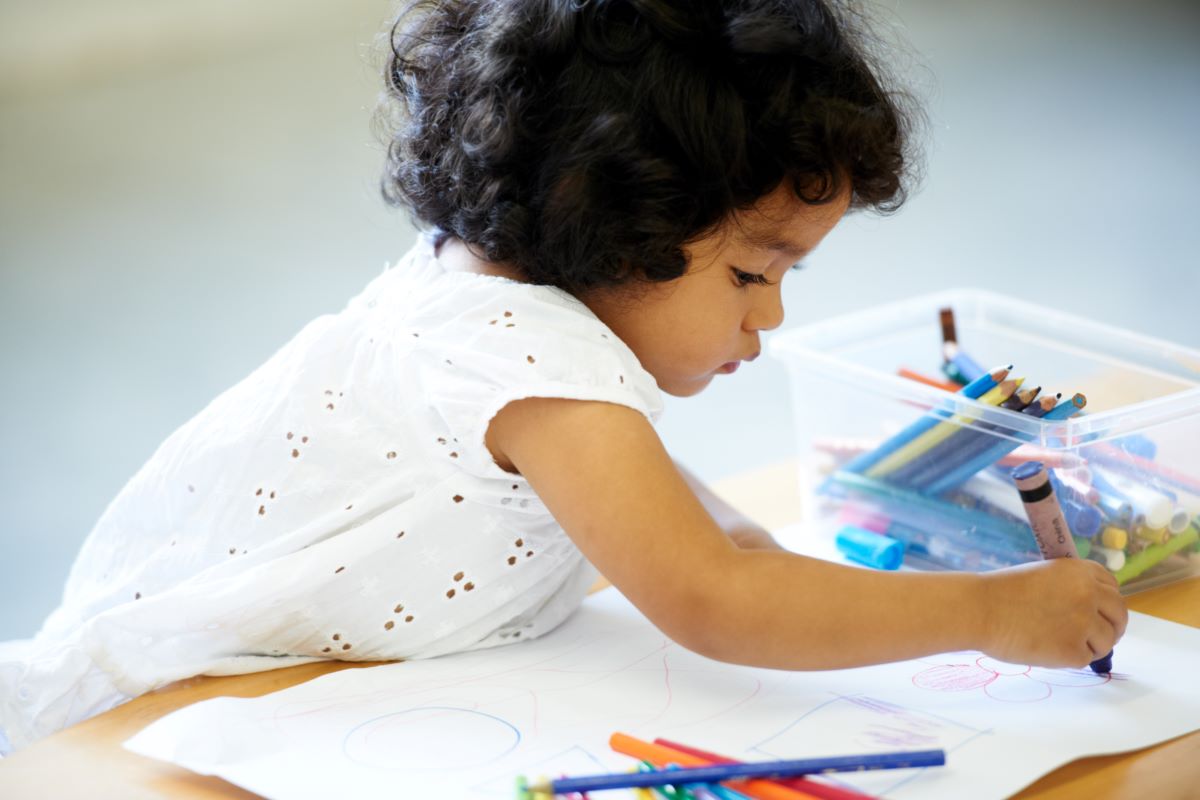
1. Betty Blocks
Your toddler must be encouraged to stack and arrange Betty blocks; this contributes to fine motor skills development and hand-eye coordination. Creativity is also encouraged as they try to make simple towers or other structures. It is enjoyed as they try to determine the right position of the blocks.2. Outdoor Play
Outdoors are equally good because toddlers can run, climb, and explore a different environment. Kicking a ball and climbing on small playground structures helps in developing their gross motor skills. It’s also an excellent way for them to expend energy and be active.3. Storytime with Books
Brightly coloured picture books attract toddlers and encourage the growth of language. They also provide moving textures or amusing sounds which help in expanding their senses. When done properly, story time can help kindle the love for reading and the development of cognitive faculties.4. Draw and Scribble
These two activities are done by providing your child with crayons or washable markers. Scribbling develops the muscles of the child’s hand and builds up the grip, which sets them in good stead for writing later. At the same time, this also helps them enhance their visual and spatial skills.5. Sorting Games
Simple games such as sorting toys by colour, size, or shape or sorting household items are great ways for toddlers to learn basic concepts. It helps them think critically and coordinate their thoughts in solving a problem, improving cognition. Sorting also enhances the usage of the small muscles to do precise movements.6. Dancing to Music
Be it in the car or at home blast some music and let your child move their body to the beat. Rhythm and coordination are developed through the activities. This is a fun way to exercise without needing equipment and perfecting your balance. It also enables them to pattern behave and introduce various kinds of music.7. Imaginative Play
Pretend play, in which you take turns cooking or caring for babies, will capture your little one’s attention. Role play also helps them learn necessary social and emotional skills, giving them a chance to play out different scenarios within their imagination. It builds creative thinking and the concept of surroundings.8. Game of Cunning and Cubby
Simple games such as hide-and-seek can help develop good memory and spatial orientation. Searching for items or people is an exercise in extracting hidden information, and it also improves a child’s understanding of the idea of things not being in sight.9. Messy Play with Clay or Dough
In particular, the clay and playdough techniques enable toddlers to learn about various textures and shapes while enhancing gross and fine motor skills development. Through rolling, squishing, and moulding of the dough, the children’s hand muscles and creativity are boosted.10. Playing Soccer
At 19 months, babies begin to show interest in simple physical games like soccer. Kicking a ball can be a fun and engaging way to improve their motor skills while they are still developing balance and coordination. This playful activity also encourages social interaction and teamwork.Safety Tips For a 19 Month Old Baby
At this age, babies have great energy and are active and ready to explore; thus the caregiver's concern for danger is real. Following are some points related to safety for children:
Savings & Protection Options for Your Child
How to Support a Baby's Development at 19 Months?
1. Encourage Physical Activity
Encourage your child to be active by playing catch, going to the park, or playing soccer. Create fun obstacle courses at home using pillows, cushions, or furniture. Walking on grass, sand, or uneven surfaces helps strengthen balance and coordination.2. Promote Language Development
Talk with your child about everyday things, and encourage them to repeat words. Sing songs with repetitive words or phrases, and introduce simple rhymes to help them develop sound patterns and improve memory and pronunciation.3. Foster Social Skills
Give your child the opportunity to play with other children, and help them learn how to take turns and share. When your child sees others sad or hurt, explain emotions and encourage comforting behaviour, such as patting a friend’s back or offering a toy.4. Self-care
Encourage your child to practice everyday skills like feeding themselves, drinking from a cup, and getting dressed. Teach basic hygiene, such as washing hands before meals or after outdoor play, by doing it together and explaining each step to make it a routine.When to Talk to the Paediatrician?
Developmental Delays:
If your baby isn’t meeting typical developmental milestones, such as correctly using a spoon, walking, and speaking, your paediatrician can be consulted. This is crucial because there are things that are dealt with early.Persistent Health Issues:
Take your baby to his or her paediatrician if, for instance, your baby has repeated health problems like more than one attack, constant fevers with no cause, or a cough that lasts for days.Feeding Problems:
Some babies may have feeding problems from breastfeeding, skin-to-skin contact, or other issues such as exercising when they’re ill. Babies are said to develop normally only when breastfeeding is done correctly.Sleeping Issues:
Consult your paediatrician if your baby has significant sleep disturbances, such as difficulty falling asleep or irregular sleep patterns. Sleep issues can impact overall health and development.Vaccination and Health Screenings:
Discuss vaccination schedules and health screenings with your paediatrician to ensure your baby is up-to-date. Regular updates and screenings help prevent diseases and track growth.FAQs about 19 Month Developmental Milestones
What are typical physical milestones for a 19 month old?
How many words should a 19 month old be able to say?
When should I be concerned about my 19 month baby’s speech development?
What kind of play activities are best for a 19 month old?
How can I support my baby’s social development at 19 months?
What are the signs of developmental delays in a 19 month old?
How much sleep does a 19 month old need?
What are the best ways to encourage language development in a 19 month old?
What are the safety considerations for a 19 month old?
What kind of books are best for a 19 month old?
How can I support 19 month social skills?
What should a 19 month old be doing?
What is normal behaviour for a 19 month old?
Should a 19 month old be able to count?
Is it normal for a 19 month old not to talk?
Important Articles about Infant Developmental Milestones
Latest News
Read More
















